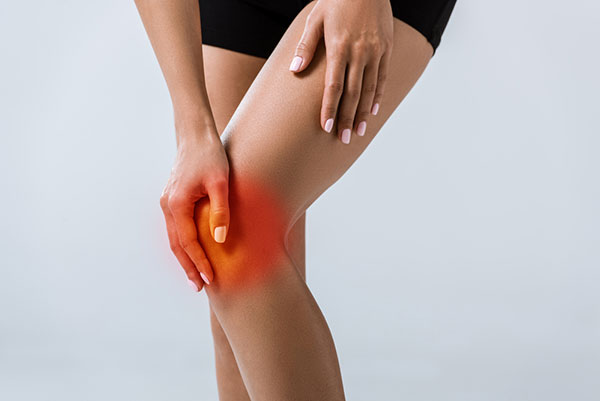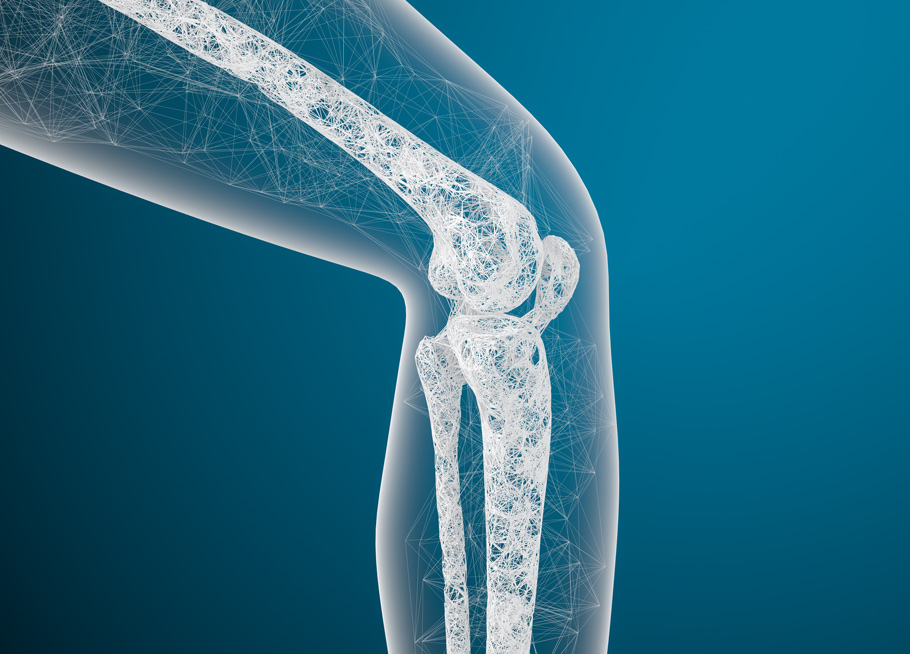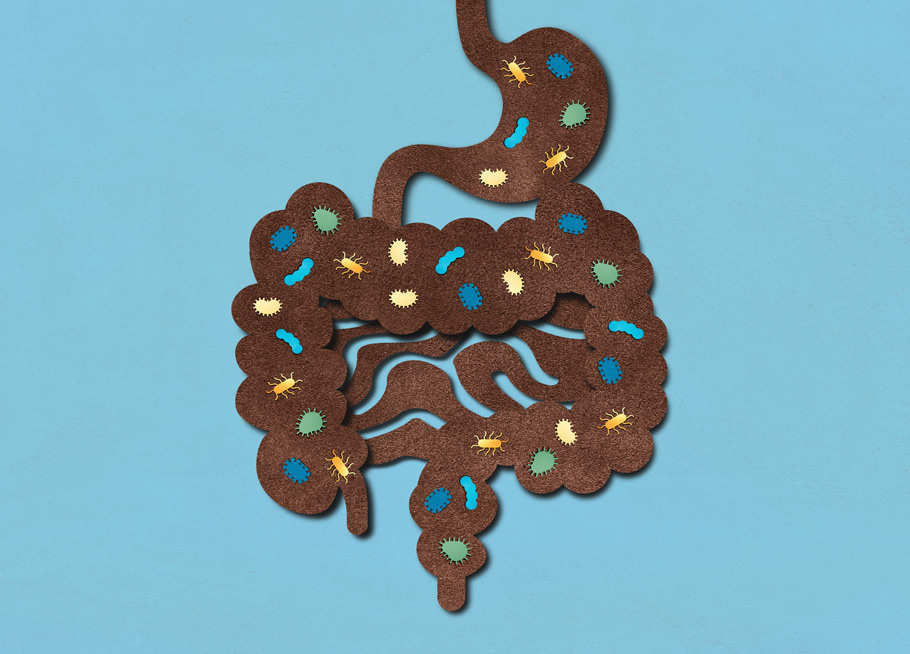
Housemaids knee is a painful condition that was a common condition amongst housemaid’s many years ago who used to get on their hands and knees to scrub floors, hence the name.
What is housemaids knee?
Medically known as prepatellar bursitis, this is an inflammatory condition that more commonly affects people that fall on and hurt their knees, or overuse their knees in their work. An example of this are carpet layers who spend a lot of time on their knees cutting and fitting carpets.
What causes housemaids knee?
Housemaids knee develops when the fluid sac called the prepatellar bursa which sits at the front of the knee becomes inflammed. The prepatellar bursa is one of four bursae in the knee but is the one most commonly affected by housemaid’s knee.
Many people can develop housemaid’s knee when they overuse their knees, and it is not uncommon to see it flare up with people in all sorts of professions or while playing sports such. For example, plumbers, carpenters, football and rugby players and martial artists.
But you can even develop this painful condition from spending the day in the garden kneeling down for long periods while weeding flower beds or bedding in plants.
Housemaid’s knee can also develop as a result of an infection caused by break in the skin, which can lead to pain and swelling in the bursa.
Symptoms of housemaid’s knee
This is a painful condition that causes tenderness and swelling of the knee. The skin over the kneecap can look red and angry, and it can feel warm to the touch. It may be difficult for you to bend your knee and your knees may feel stiff making walking more challenging.
You can feel throbbing pain in the front of your knees that may or may not radiate around the whole knee depending on the severity of the condition. It will feel excruciating to kneel down, so it can affect your work or what chores you may have planned for the day.
If your housemaid’s knee is caused by an infection, you may also have a high temperature as your body is working hard to fight off the infection.
How is housemaid’s knee diagnosed?
Most people will see their GP when they suffer with housemaid’s knee. Their doctor will examine the knee, ask the patient questions about their recent activity to determine the cause and diagnose the problem.
They will also check your medical history to see if you have a history of this condition or any other joint problem that could be an underlying cause or be contributing to your symptoms.
It is important that your doctor rules out any other causes for your knee pain and swelling. Quite often the cause could be runners knee, a different knee bursitis, cartilage damage from a sports injury, or the first signs of an undiagnosed autoimune disease.
In a lot of cases, you may be referred to a specialist for more targeted help, such as Dr Bhadauria who is a Consultant Rheumatologist that specialises in diseases and conditions affecting the joints.
Your doctor may refer you so your specialist can conduct more investigatations into your condition to rule out other causes through an ultrasound scan or MRI, and administer the most appropriate treatment for your diagnosis.
It can help to speed up the whole process by directly booking a private consultation with Dr Bhadauria at one of his London-based clinics instead of waiting for weeks to see an NHS specialist.
Clergyman’s knee vs housemaid’s knee
Many people may suspect they have housemaid’s knee when in fact it could be another condition that affects the bursa of the knee – Clergyman’s knee.
Clergyman’s knee is also a condition where swelling and pain around the knee is present, but this is caused by repeated or prolonged kneeling in a different position than what causes housemaid’s knee.
The pain and inflammation caused by Clergyman’s knee can be seen and felt below the kneecap rather than over it. You may notice a painful lump develop below the kneecap. In chronic cases this bursitis lump may need excision.
With proper treatment, most cases of Clergyman’s knee will settle within a few weeks.
How do you treat housemaid’s knee?
The treatment you receive for housemaid’s knee will depend on the cause and severity of the condtion. For example, if your condition was caused by an infection, you may need to have a course of antibiotic treatments to treat the infection.
For non-infectious housemaid’s knee, you may be prescribed pain killers or anti-inflammatory medication to help reduce the pain and swelling of your knee, or a combination of both.
You will be advised to stay off your knees to avoid aggrivating and worstening the condition further. This can affect your work if kneeling down is an essential part of your job.
In some cases it may be necessary to have a corticosteroid injection into the affected area to help treat the condition, especially if other treatments are not helping.
Cortisone is steroid medication that is powerful and helps reduce inflammation in the bursae. As housemaid’s knee is an inflammatory condition, it responds very well to corticosteroid injections.
Housemaid’s knee how long does it last?
This condition will slowly get better over time as long as you receive proper treatment and give yourself enough self-care to allow the knee to heal. Recovery time will also depend on the severity of the condition.
While the pain caused by housemaid’s knee can be completely gone within a few short weeks, epecially when receiving pain killing medication and anti-inflammatories, some inflammation and tenderness can remain for many weeks.
Housemaid’s knee exercises
While it is recommended that you rest your affected knee as much as possible while you recover from housemaid’s knee, you can do some gentle stretching and exerises that can help keep your joints mobile and flexible without causing further pain and inflammation.
When you get a proper diagnosis and treatment from Dr Bhadauria and his team, our physiotherapist team will help to teach you some gentle exercises that can help to strengthen and improve your knee joint range of motion while you recover.
It can help to use a walking stick to take some pressure off your knees while you get around while recovering.
If you are suffering with a swollen knee and you suspect it may be housemaid’s knee, then you can book a private consultation with Dr Bhadauria at one of his London-based clinics to get a faster and more accurate diagnosis and treatment.
Article by Dr. Naveen Bhadauria



